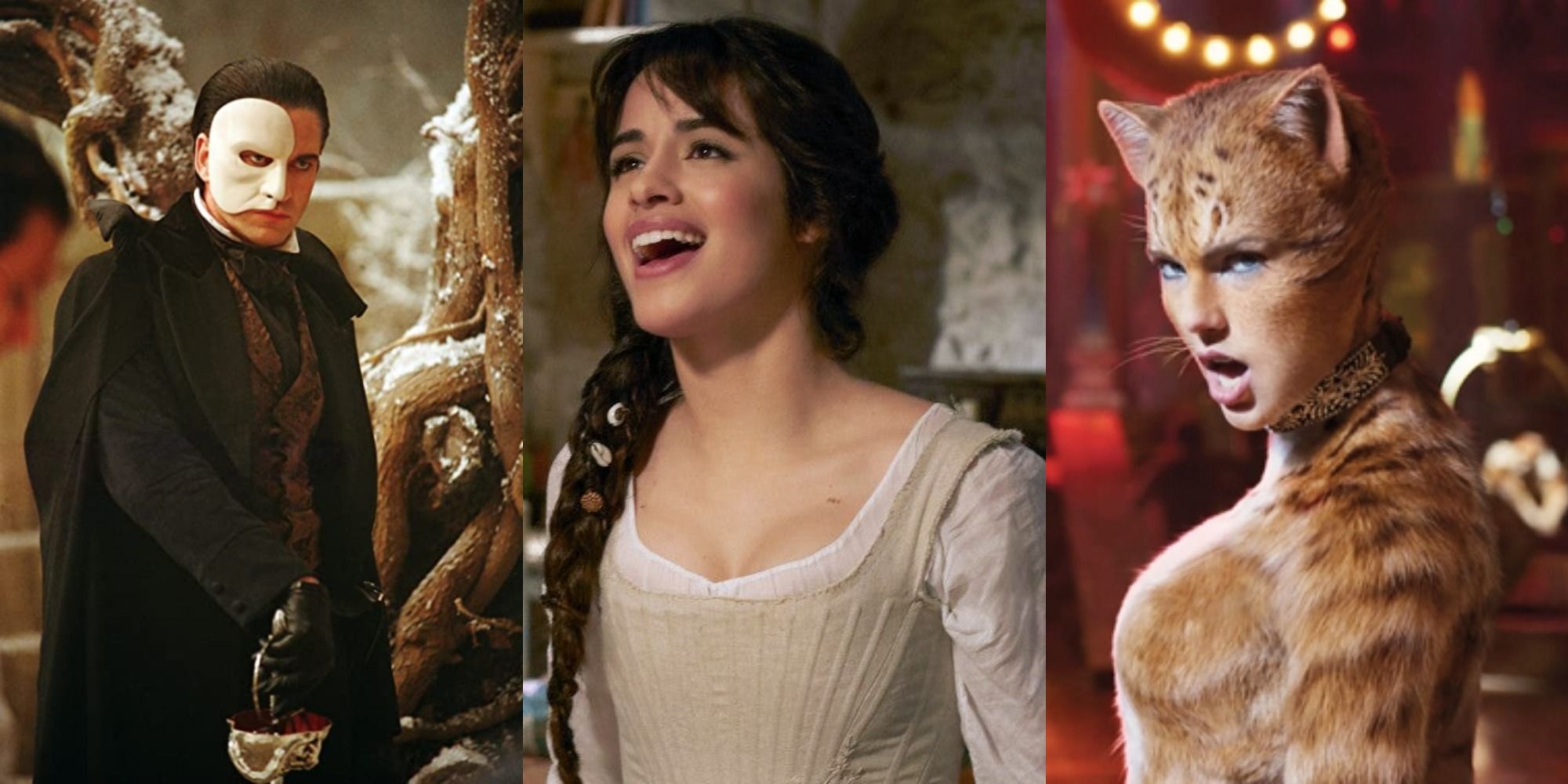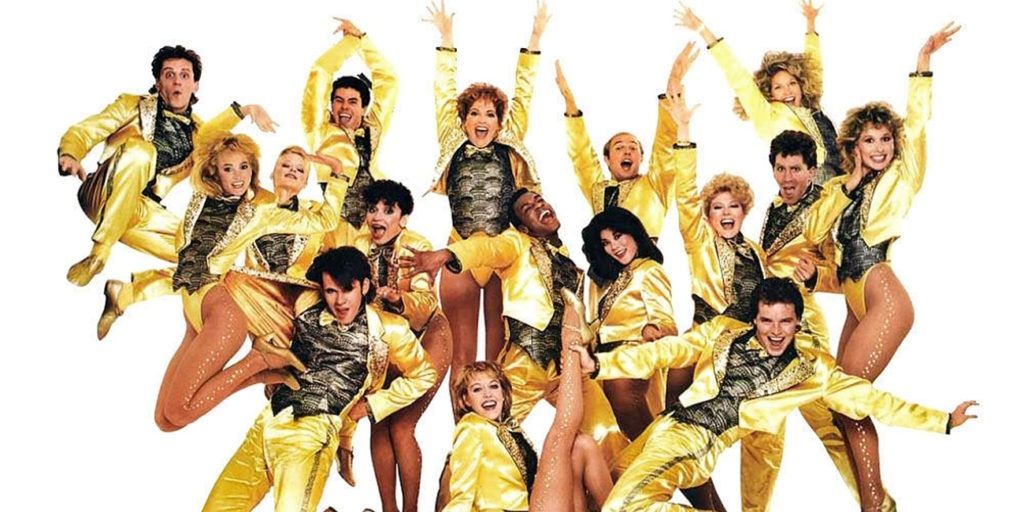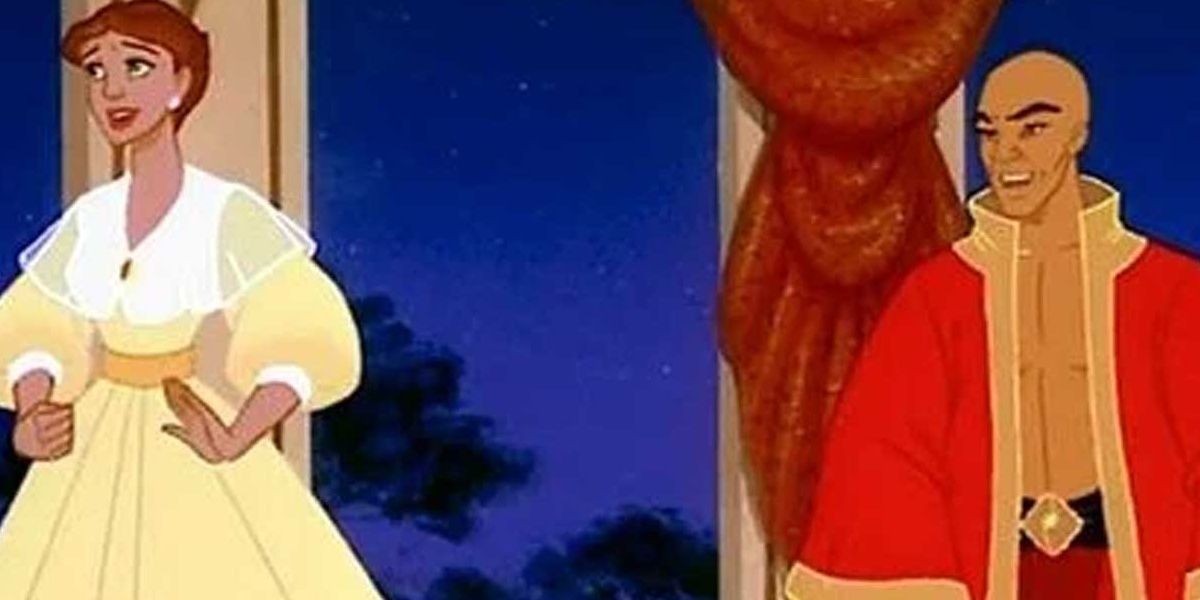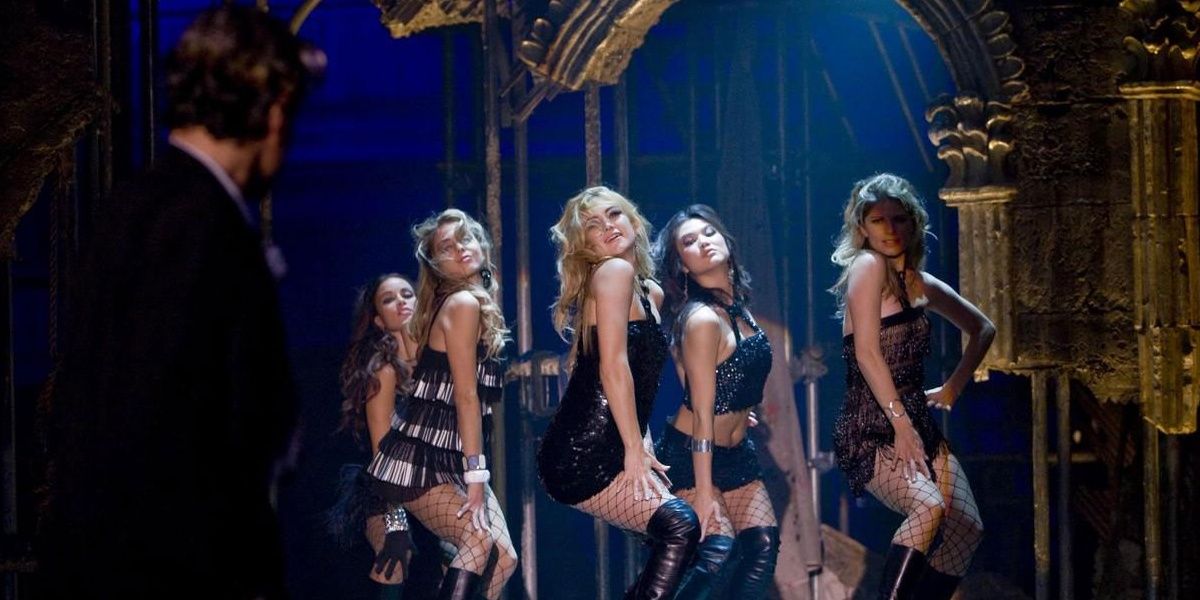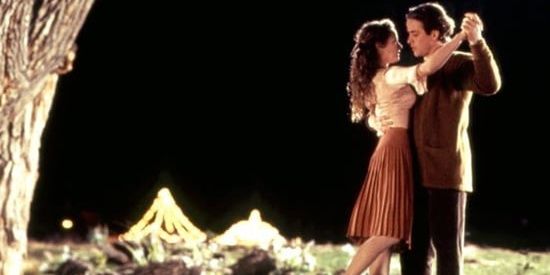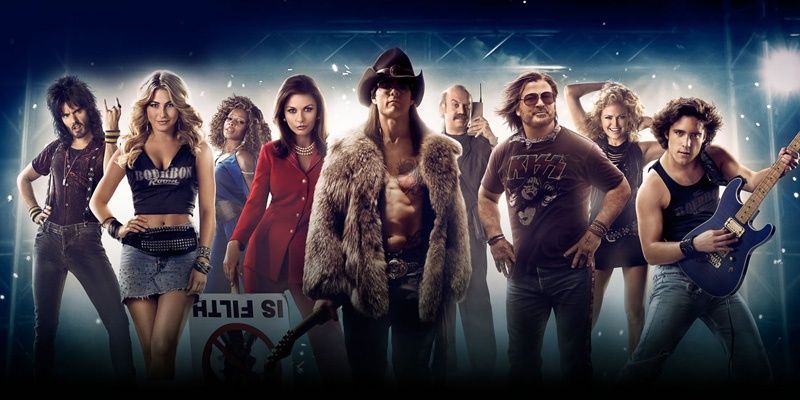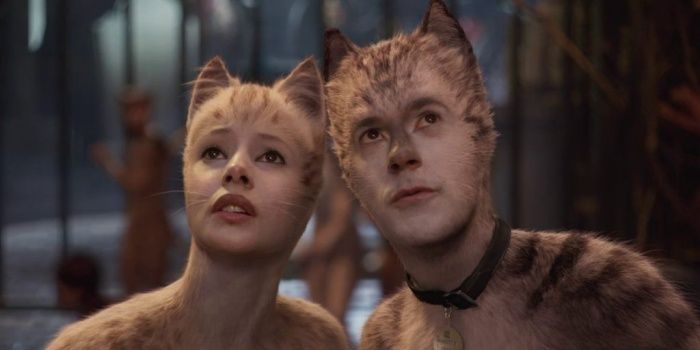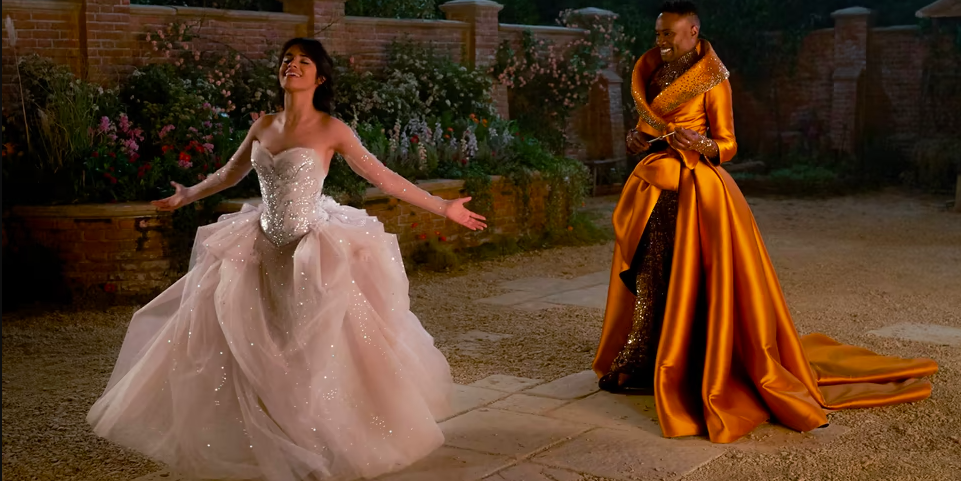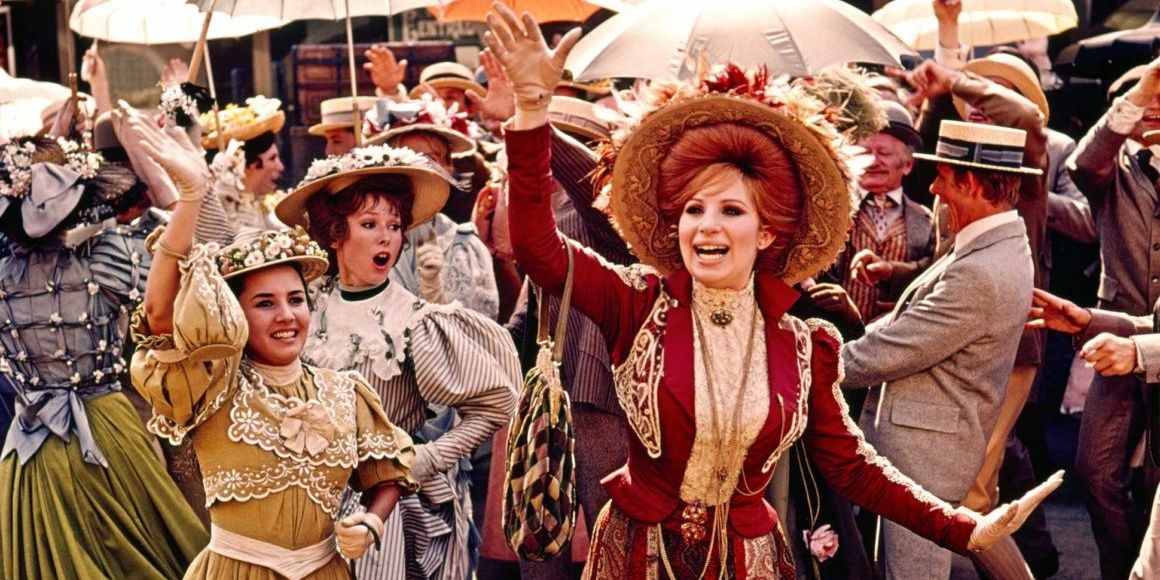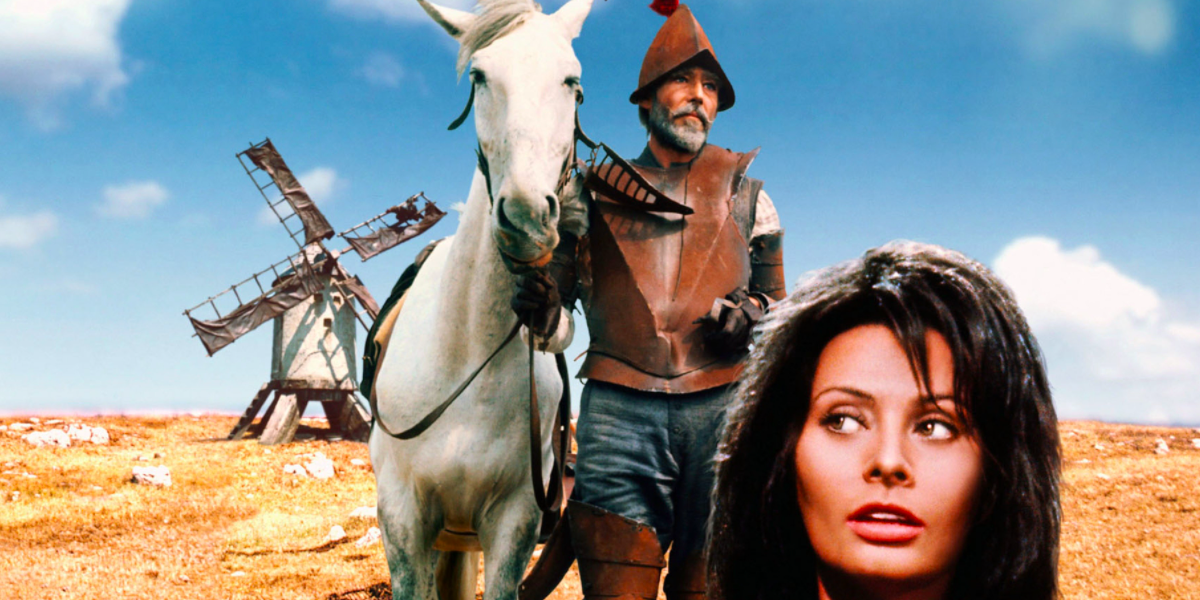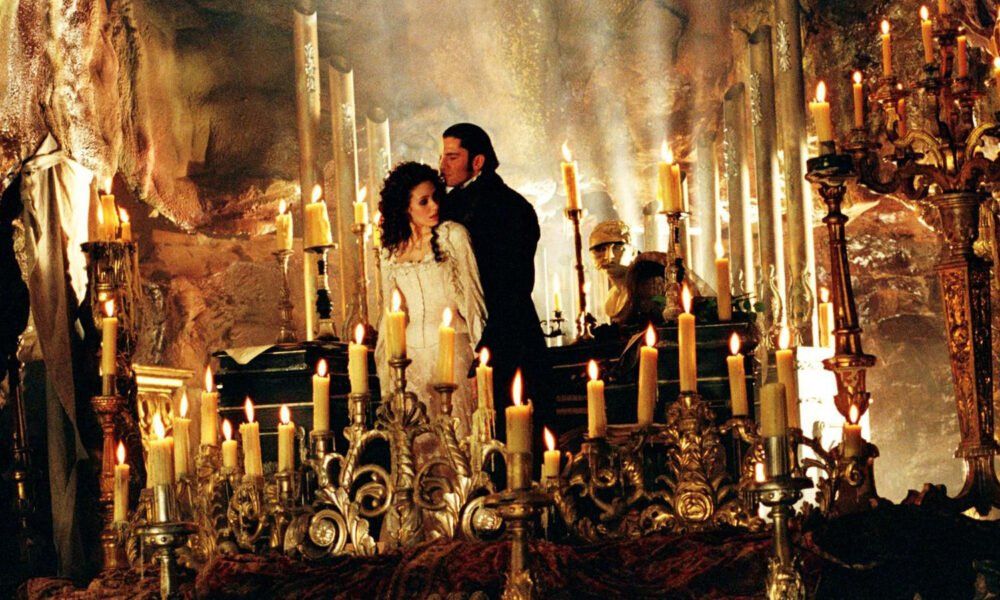Over the past few years, musicals have become more mainstream as more and more shows meant for the stage are being adapted to screen. Sometimes they're a big success, like Chicago and both adaptations of West Side Story. Others receive mixed reviews, including Dear Evan Hansen and Into the Woods.
Then some musicals shouldn't have ever been put to screen— not because the material itself is terrible, but because these musicals were meant for the stage and don't translate well to Hollywood.
A Chorus Line (1985)
A Chorus Line was made for the stage. The musical examines a day in the lives of seventeen dancers, all yearning for the spot in the chorus line for a Broadway musical. The director and choreographer ask each dancer to speak about themselves, and discomfort turns into revelations throughout the show.
It's a production by the theater for the theater. The charm of this intimate stage show disappears from the movie adaptation. Unlike the stage production, the film shifts onto the Director's (Michael Douglas) storyline instead of focusing on the chorus dancers. The editing doesn't progress the story through dance as the way the camera moves doesn't capture the choreography. Once again, this is a film where the original Broadway cast and crew wanted nothing to do with this adaptation.
The King and I (1999)
From legends Rodgers and Hammerstein, the original Broadway musical tells the story of an unconventional relationship between a British school teacher and the King of Siam. The musical and some film adaptations have been called dazzling; the animated version is anything but.
This animated film is for kids, but that doesn't mean they had to sacrifice quality. The plot is about embracing change, told through an unexpected friendship between Anna and the King. Instead, the movie is a mess, with Anna's child following a monkey, a cheesy sorcerer, and a henchman that continues to lose his teeth. When one thinks the adaptation can't be any worse, the King's panther and many other animals somehow save the King from the sorcerer.
Nine (2009)
After Rob Marshall's immense success with Chicago, expectations were high in hopes this adaptation would be nothing less than spectacular. Nine follows the life of Guido Contini (Daniel Day-Lewis), a famous director, as he engages in dramatic relationships struggling to find harmony between his professional and personal life.
A musical with a star-studded cast isn't enough, especially when most actors aren't trained singers or dancers. The film is more close to what the source material is based on, Eight and a Half.
The Fantasticks (2000)
The world's longest-running musical, which ran for 42 years off-Broadway, doesn't mean it should be a movie. Pretending to feud, two fathers trick their children into falling in love—another intimate story with a small cast that proves to be better for the stage.
The movie tries so hard to change that it's a story for a small ensemble. Though the film does its best to stick to the source material, most of the hit songs were cut with important monologues supporting the character arc left on the cutting room floor. The one plus of The Fantasticks film is Tom Jones, and Harvey Schmidt wrote the stage play and the film adaptation, but that one tidbit of information isn't enough to save the movie.
Rock of Ages (2012)
The one that didn't need an adaptation at all. Rock of Ages is an 80s jukebox musical that follows an aspiring singer who immediately is swept up in trouble. The musical production is bold, energetic, and a proper tribute to the era.
While Tom Cruise received some positive reviews for his role, his name and most of the cast aren't names you'd want to hear linked to a popular musical. Perhaps in the future, Rock of Ages could be a successful adaptation if the main lead and the majority of the cast had a singing and dancing background.
Cats (2019)
Based on T.S. Elliot's 1939 poetry book, Andrew Lloyd Weber took inspiration to develop a musical that's been on Broadway that centers on the Jellicles cat tribe who come together at the annual ball to decide who will ascend to Heaviside and be reborn into a new life.
You can say the biggest flaw of Cats is how confusing the plot is. It could also be the CGI that didn't enhance the film but was a distraction with many technical errors. The biggest reason Cats shouldn't have been put on the big screen is because the stage production is a celebration of costumes and theatrical makeup. This is a Hollywood movie with a top cast, decided on CGI cats with human faces. In an interview with The Sunday Times, Weber was critical of the film, "The problem with the film is Tom Hopper decided he didn't want anybody involved in it who was involved in the original shows."
Cinderella (2021)
We know the fairytale well. A mistreated girl lives with her stepmother and stepsisters and dreams to go to the ball. The "twist" of this adaptation is that it's a jukebox musical. Though, unlike Moulin Rogue, the chosen modern songs don't fit into the plot of Cinderella.
Despite the slew of negative reviews, this adaptation does have some charm due to the talents of Camilla Cabello, Billy Porter, and Idina Menzel. However, the limit of how many Cinderella adaptations, and not direct adaptations of the Broadway show aside from 1997's Cinderella (which sets the standard pretty high), has exceeded.
Hello, Dolly (1969)
Hello, Dolly is the story of a strong-willed matchmaker trying to find a match for a merchant. While this is one of the few that stays true to the original and is now considered a classic as it won a few awards…it has gone down as the one adaptation that was a financial disaster. To this day, critics share a similar consensus remarking how Barbra Streisand was miscast and had too many characters onscreen with no purpose.
The film seemed fated to tank even while it was in production. Hello, Dolly's budget was too much, Gene Kelly and Streisand constantly feuded, and the chemistry between the leads didn't exist. Overall, the film lacks all the charms brought to the stage. The one thing Hello, Dolly does well is prove that a hit on Broadway doesn't guarantee it'll be a success on film.
Man of La Mancha (1972)
A play within a play as a writer tells the stories of Don Quixote while he waits for a hearing with the Inquisition. It's a remarkable and moving musical that captures human hope and explores reality versus fantasy. The stage show is simplistic and charming in the best possible ways.
While the film followed the original story told onstage, it does not translate well. Onstage, the story is told in continuous motion, and actions flow smoothly from reality to fantasy. In the 1972 adaptation, the transition from reality to dream is clunky and jarring. The singing, though Peter O'Toole's voice is dubbed, the performances are hollow. Man of La Mancha is an inspiring story, yet the film adaptation leaves us unmoved.
Phantom of the Opera (2004)
Another (kind of) failed Andrew Lloyd Weber adaptation. Based on the 1986 smash hit, The Phantom of the Opera tells the story of a young soprano being the obsessions of a masked musical genius. It's the longest-running show in Broadway history, and rightfully so due to the set designs, the costumes, the story, music, and vocals. The Phantom of the Opera is the epitome of an extraordinary theatrical experience.
While the film was praised for the visuals and the acting, the film fell short regarding the direction and significant unnecessary script differences of the stage show. Unlike most adaptations, some Broadway alums are included, which is a positive. However, The Phantom of the Opera has such immaculate, groundbreaking sets on stage from giant chandeliers falling, staircases, and pyrotechnics — it is all reduced to miniatures, and CGI in the film is acceptable but is far less impressive and not nearly as magical. The theatricality of The Phantom of the Opera will never be matched on screen.

